-
 Bitcoin
Bitcoin $119000
-2.21% -
 Ethereum
Ethereum $4315
1.01% -
 XRP
XRP $3.151
-3.11% -
 Tether USDt
Tether USDt $0.0000
0.00% -
 BNB
BNB $808.5
-0.71% -
 Solana
Solana $175.8
-4.21% -
 USDC
USDC $0.9999
0.00% -
 Dogecoin
Dogecoin $0.2250
-3.92% -
 TRON
TRON $0.3469
1.77% -
 Cardano
Cardano $0.7818
-3.81% -
 Chainlink
Chainlink $21.47
-2.10% -
 Hyperliquid
Hyperliquid $43.30
-6.81% -
 Stellar
Stellar $0.4370
-2.84% -
 Sui
Sui $3.682
-4.40% -
 Bitcoin Cash
Bitcoin Cash $590.8
2.67% -
 Hedera
Hedera $0.2484
-5.20% -
 Ethena USDe
Ethena USDe $1.001
0.00% -
 Avalanche
Avalanche $23.10
-4.29% -
 Litecoin
Litecoin $119.2
-3.96% -
 Toncoin
Toncoin $3.409
0.90% -
 UNUS SED LEO
UNUS SED LEO $9.016
-1.29% -
 Shiba Inu
Shiba Inu $0.00001304
-3.82% -
 Uniswap
Uniswap $11.18
1.33% -
 Polkadot
Polkadot $3.913
-3.51% -
 Cronos
Cronos $0.1672
-3.08% -
 Dai
Dai $1.000
0.02% -
 Ethena
Ethena $0.7899
-4.70% -
 Bitget Token
Bitget Token $4.400
-1.23% -
 Pepe
Pepe $0.00001132
-5.93% -
 Monero
Monero $257.9
-6.44%
Is there a handling fee for OKX recharge?
OKX doesn't charge deposit fees, but blockchain network fees, varying by cryptocurrency and network congestion, apply and are displayed before confirmation. These are paid to miners/validators, not OKX.
Mar 17, 2025 at 06:18 pm
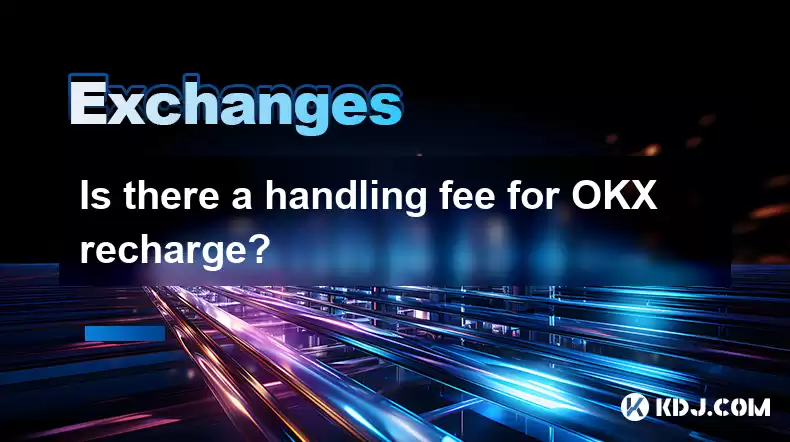
Is There a Handling Fee for OKX Recharge? A Deep Dive into OKX Deposit Fees and Associated Costs
Key Points:
- OKX's fee structure for cryptocurrency deposits varies significantly depending on the specific cryptocurrency and the method of deposit used. There is no universal "handling fee."
- While many deposits are free, some networks may charge transaction fees which are paid directly to the network miners/validators and not to OKX. These network fees are outside of OKX's control and are dynamic, fluctuating based on network congestion.
- Understanding the difference between OKX fees and network fees is crucial to avoid confusion and unexpected costs.
- Different deposit methods (e.g., using a specific wallet, exchange transfer) may also have varying associated costs, sometimes indirectly.
- OKX provides tools and resources to help users estimate and understand these fees before initiating a deposit.
Understanding OKX Deposit Fees: A Detailed Breakdown
Network Fees (Gas Fees): This is the most significant factor influencing the overall cost of depositing cryptocurrencies onto OKX. Network fees are paid to the miners or validators who process and secure transactions on the blockchain network (e.g., Bitcoin's network uses Proof-of-Work, requiring miners; Ethereum uses Proof-of-Stake, using validators). These fees are not collected by OKX; instead, they are a necessary cost of transacting on the blockchain. The amount of the network fee varies depending on several factors:
- Network Congestion: When the network is busy (many transactions are being processed simultaneously), the network fees tend to be higher. This is because miners/validators prioritize transactions with higher fees, leading to a competitive bidding process for transaction processing. Think of it like rush hour traffic – you pay more (in gas fees) to get your transaction processed quickly.
- Transaction Size: Larger transactions (in terms of data included) typically incur higher network fees. This is because they require more computational power from the miners/validators to process.
- Specific Cryptocurrency: Different cryptocurrencies have different fee structures. Some blockchains have consistently higher fees than others. Bitcoin, for example, tends to have higher fees than some smaller altcoins during periods of high congestion.
- Transaction Speed: Users can often choose to pay a higher network fee to expedite the processing of their transaction. This is particularly relevant for time-sensitive deposits.
- OKX's Role in Network Fees: OKX itself does not directly charge a handling fee for deposits. However, they provide users with real-time estimates of the network fees associated with a specific transaction before the user confirms the deposit. This allows users to see the potential cost before committing to the transaction. It's crucial to remember that these network fee estimations are just that – estimations. The actual fee might slightly vary depending on network conditions at the moment of transaction confirmation. OKX does not profit from network fees.
Hidden Costs and Indirect Fees: While OKX doesn't directly charge for deposits, there can be indirect costs to consider. These aren't directly OKX fees, but rather costs associated with the transfer process:
- Withdrawal Fees from Sending Exchange/Wallet: If you are transferring cryptocurrency from another exchange or wallet, that platform may charge its own withdrawal fees. These fees are separate from OKX's operations and are determined by the sending platform's policies. These withdrawal fees should be factored into your overall cost calculation.
- Conversion Fees (If Applicable): If you are depositing a cryptocurrency that needs to be converted into another cryptocurrency supported by OKX, you might incur conversion fees, which are not directly OKX deposit fees but are a result of the conversion process. These conversion fees are usually disclosed transparently by the platform.
- Time Costs: While not a monetary cost, the time required to complete a deposit and confirm the transaction should be considered. Network congestion can significantly delay transaction confirmation, potentially impacting your trading strategy if you need the funds urgently.
- Understanding OKX's Fee Display: OKX typically displays the estimated network fees prominently before you confirm a deposit. This transparency allows users to make informed decisions about whether to proceed with the deposit. It's essential to carefully review this information before confirming the transaction to avoid surprises. The fee display often includes a breakdown of the fee components and a clear indication that these are network fees and not OKX fees.
Deposit Methods and Associated Costs: The method you use to deposit cryptocurrency onto OKX might indirectly influence costs. For instance:
- Using a Supported Wallet: Depositing directly from a supported wallet usually involves only the network fee. However, the choice of wallet may affect the efficiency and cost of generating the transaction.
- Transferring from Another Exchange: Transferring from another exchange often involves both the network fee and a potential withdrawal fee from the originating exchange.
- Using a Third-Party Service: Using third-party services for deposits might introduce additional fees beyond network fees, which are unrelated to OKX. Always carefully research the fees charged by such services.
FAQs:
Q: Are there any hidden fees when depositing cryptocurrency on OKX?
A: No, OKX does not have hidden fees for depositing cryptocurrency. However, network fees (gas fees) are charged by the blockchain network itself and are not controlled by OKX. These are clearly displayed before you confirm your transaction. Additionally, be mindful of potential withdrawal fees from your sending exchange or wallet.
Q: How can I estimate the deposit fee before transferring my cryptocurrency to OKX?
A: OKX provides real-time estimates of the network fees before you confirm your deposit. These estimates are usually displayed prominently on the deposit page. Pay close attention to these estimates as they provide a good indication of the total cost, but remember that the actual fee may slightly vary based on network conditions.
Q: What happens if the actual network fee is higher than the estimated fee?
A: If the actual network fee is higher than the estimated fee, your transaction might fail. OKX will usually display a warning if the estimated fees are insufficient to cover the actual cost. In some cases, a slightly higher fee than estimated may be automatically applied, and your transaction will succeed. You should always ensure sufficient funds in your sending wallet to cover potential fluctuations in network fees.
Q: Does OKX charge a fee for depositing stablecoins like USDT or USDC?
A: While OKX doesn't directly charge a fee, the network fees for depositing stablecoins still apply. The amount of these fees depends on the network used (e.g., Ethereum, Tron, Omni). Check the network fee estimate provided by OKX before making the deposit.
Q: What if my deposit is stuck or not reflected in my OKX account?
A: If your deposit is not reflected in your OKX account, you should first check the transaction hash on the relevant blockchain explorer. This will confirm if the transaction has been successfully processed on the network. If the transaction is confirmed on the blockchain but still isn't reflected in your OKX account, contact OKX customer support for assistance. Provide them with the transaction hash for verification.
Q: Can I avoid network fees when depositing cryptocurrency on OKX?
A: You cannot entirely avoid network fees, as these are inherent to the nature of blockchain transactions. However, you can minimize them by choosing less congested times to deposit and selecting a cryptocurrency with lower network fees when possible.
Q: Are there any differences in fees depending on the cryptocurrency I am depositing?
A: Yes, network fees vary significantly depending on the cryptocurrency and the network's congestion level. Some cryptocurrencies have inherently higher transaction fees than others. Always check the network fee estimate before depositing.
Disclaimer:info@kdj.com
The information provided is not trading advice. kdj.com does not assume any responsibility for any investments made based on the information provided in this article. Cryptocurrencies are highly volatile and it is highly recommended that you invest with caution after thorough research!
If you believe that the content used on this website infringes your copyright, please contact us immediately (info@kdj.com) and we will delete it promptly.
- PumpFun (PUMP) Price: Riding the Meme Coin Wave or Facing a Wipeout?
- 2025-08-12 16:50:12
- Arctic Pablo Coin: Meme Coin Growth Redefined?
- 2025-08-12 16:50:12
- Ether ETFs Surge: Inflows and Bull Signs Point to $4K ETH?
- 2025-08-12 16:30:12
- Bitcoin, Crypto Market, and CPI Anticipation: A New York Minute on Volatility
- 2025-08-12 16:30:12
- Bitcoin, CPI, and Market Fears: Navigating the Crypto Landscape
- 2025-08-12 15:10:13
- BTC Traders Eye ETH Targets as CPI Looms: A New York Minute
- 2025-08-12 15:10:13
Related knowledge
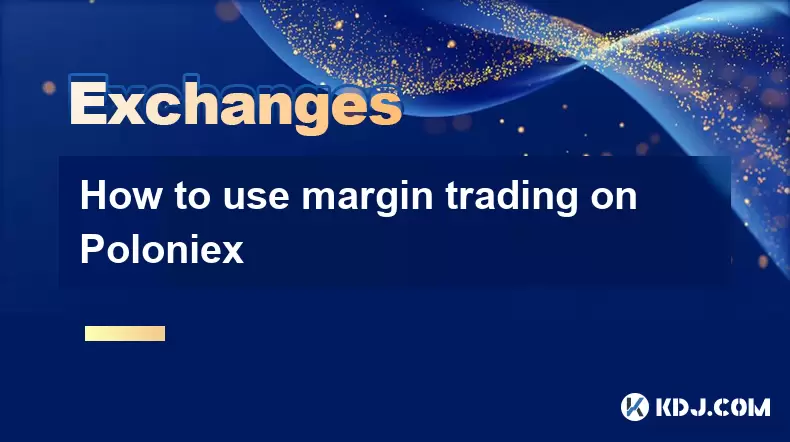
How to use margin trading on Poloniex
Aug 08,2025 at 09:50am
Understanding Margin Trading on Poloniex
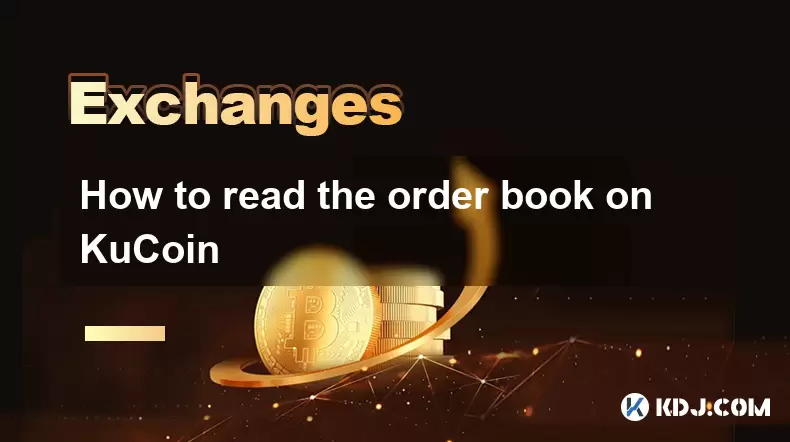
How to read the order book on KuCoin
Aug 10,2025 at 03:21pm
Understanding the Order Book Interface on KuCoinWhen accessing the order book on KuCoin, users are presented with a real-time display of buy and sell ...
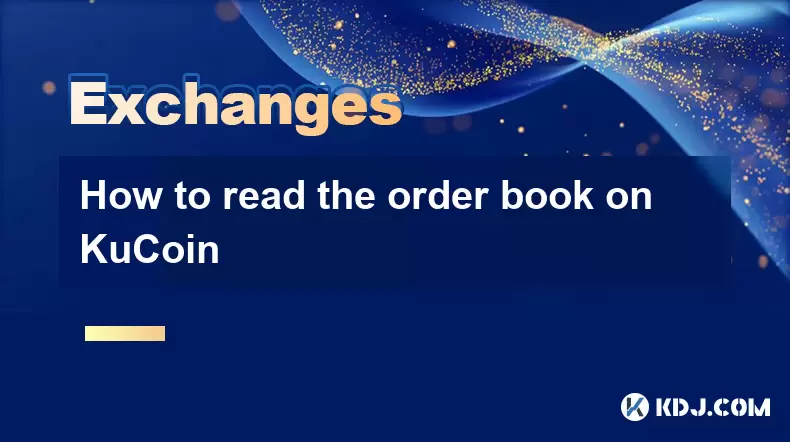
How to read the order book on KuCoin
Aug 12,2025 at 02:28am
Understanding the Basics of Staking in CryptocurrencyStaking is a fundamental concept in the world of blockchain and cryptocurrencies, particularly wi...
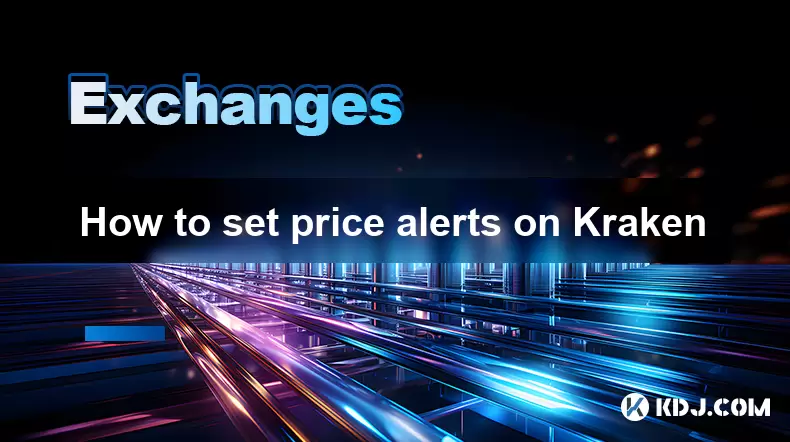
How to set price alerts on Kraken
Aug 11,2025 at 08:49pm
Understanding Price Alerts on KrakenPrice alerts on Kraken are tools that allow traders to monitor specific cryptocurrency pairs for price movements. ...
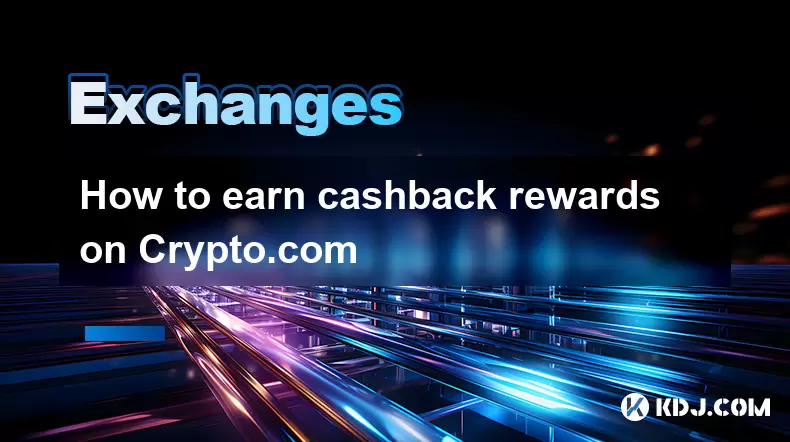
How to earn cashback rewards on Crypto.com
Aug 12,2025 at 02:08am
Understanding Cashback Rewards on Crypto.comCashback rewards on Crypto.com are a feature designed to incentivize users to spend using their Crypto.com...
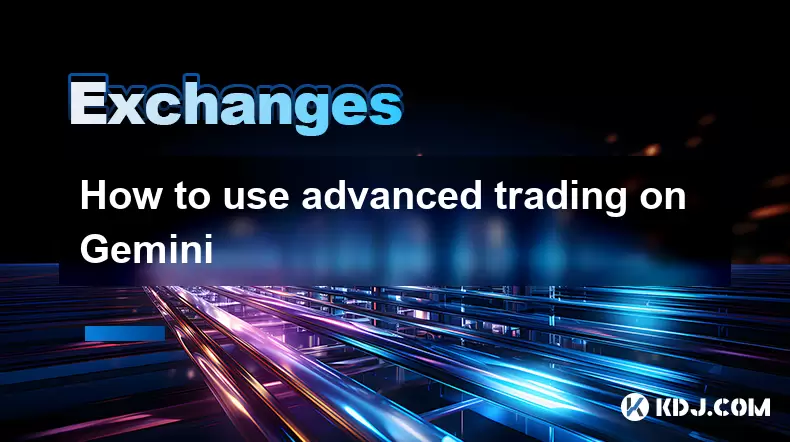
How to use advanced trading on Gemini
Aug 08,2025 at 04:07am
Understanding Advanced Trading on GeminiAdvanced trading on Gemini refers to a suite of tools and order types designed for experienced traders who wan...

How to use margin trading on Poloniex
Aug 08,2025 at 09:50am
Understanding Margin Trading on Poloniex

How to read the order book on KuCoin
Aug 10,2025 at 03:21pm
Understanding the Order Book Interface on KuCoinWhen accessing the order book on KuCoin, users are presented with a real-time display of buy and sell ...

How to read the order book on KuCoin
Aug 12,2025 at 02:28am
Understanding the Basics of Staking in CryptocurrencyStaking is a fundamental concept in the world of blockchain and cryptocurrencies, particularly wi...

How to set price alerts on Kraken
Aug 11,2025 at 08:49pm
Understanding Price Alerts on KrakenPrice alerts on Kraken are tools that allow traders to monitor specific cryptocurrency pairs for price movements. ...

How to earn cashback rewards on Crypto.com
Aug 12,2025 at 02:08am
Understanding Cashback Rewards on Crypto.comCashback rewards on Crypto.com are a feature designed to incentivize users to spend using their Crypto.com...

How to use advanced trading on Gemini
Aug 08,2025 at 04:07am
Understanding Advanced Trading on GeminiAdvanced trading on Gemini refers to a suite of tools and order types designed for experienced traders who wan...
See all articles

























































































